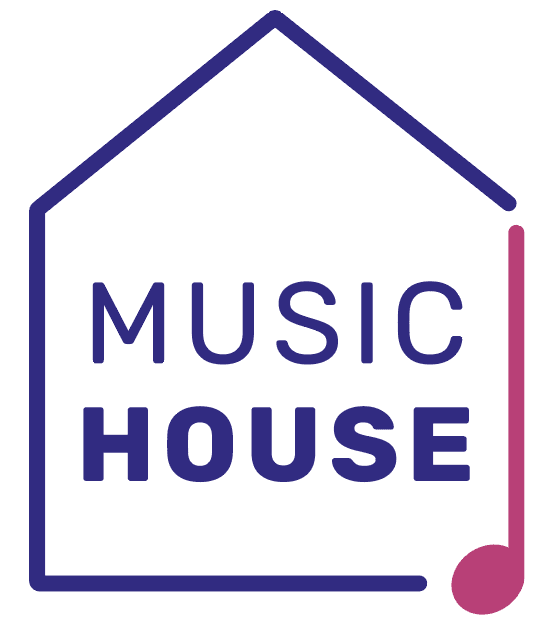Music is incredibly powerful.
Listening to it, playing it, singing along to your favourite song can all have a hugely emotional and physical impact on us. The right piece of music has the ability to lift us when we’re down, but equally can help us to wallow in our melancholy when needed. Listening to music – for example, a live orchestra or the rich and multi-layered sound of a live choir – can make the hairs on our arms stand on end, jolt our tear-ducts awake or make our hearts beat faster.
But apart from being able to touch us emotionally and cause a physical response in our bodies, are there other things music can do for us?
To find out, we thought we ask the people in the know – our tutors, students, parents and visiting musicians. This is what we discovered:
Music helps to boost confidence
Putting the hours into learning something – accomplishing goals, sticking at something and dedicating yourself to improvement – can give you confidence in other areas of your life.
Self-confidence doesn’t come easy to everyone, but every day here at The Yorkshire College of Music and Drama, our tutors, musicians and choir masters see the positive impact music has on our students and the difference it can make to someone’s life. Indeed, over the years we have taught students who have battled with severe confidence issues and debilitating shyness. We are privileged to be able to watch our students grow as their love and passion for music and confidence in their ability and musicality transfers into other areas of their lives.
Music rewards perseverance and resilience
No one ever achieved anything worthwhile by giving up. Successful people tend to be resilient and will persevere, perhaps where others would have given up.
The problem is that effort, resilience and perseverance are hard graft and difficult skills to learn or to teach someone. But, with music they are lessons that happen naturally. Music rewards persistent efforts – it rewards you through your improvement and then inspires you to want to learn more. It teaches you that if you work hard at something in life, you can achieve your goals.
Thomas Eddison said:
“Our greatest weakness lies in giving up. The most certain way to succeed is always to try just one more time.”
And, our most famous pupil, Julie Andrews seems to agree, having once been quoted as saying:
“Perseverance is failing 19 times and succeeding the 20th.”
Music is sociable
One lady told us a story about her daughter, who when she was at school learnt both the piano and the clarinet.
“She’s in her thirties now,” she told us. “And some years ago, she decided to drop the piano and continue with the clarinet. I questioned her decision at the time, but now I know it was the best thing for her.”
The reason? This lady’s daughter joined an amateur orchestra a few years ago. She and her fellow musicians meet regularly, to chat, laugh, support one another and when all that is done, to play music. Over the past few years the orchestra has travelled to many cities and towns in Europe to play small concerts. It is, her mother explained such an important part of her daughter’s life. “Not only has she travelled to places she would never have even heard of, but she has made friendships that will last her entire life.”
The sociable side of music can be clearly seen here at the college, week in, week out. We have several choirs who rehearse within our beautiful Victoria walls, as well as a number of ensemble groups who learn together each week. These groups of people are doing more than learning music and singing together; they are creating and sharing memories and making lifelong friends.
If you have a story about how music has impacted your life, we’d love to hear about it. Please email admin.ycmd@btconnect.com.


